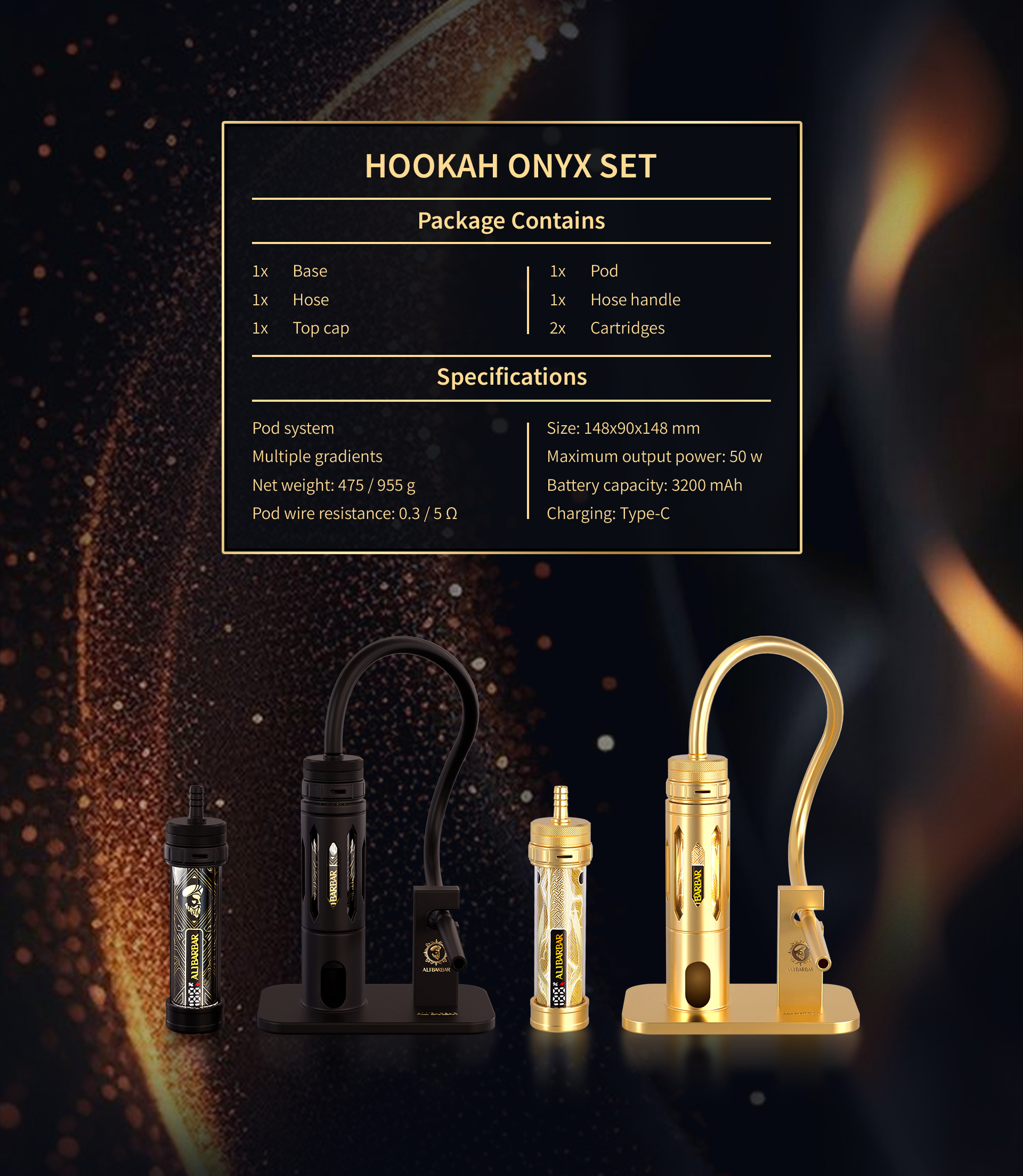您的购物车目前是空的!

In a significant move to combat youth vaping, New York State Attorney General Letitia James announced last Thursday that she is suing 13 popular e-cigarette manufacturers, distributors, and retailers, seeking hundreds of millions of dollars in fines. The lawsuit alleges that these companies have “fueled the youth vaping epidemic,” and the penalties aim to compensate for the harm caused to New York’s children by their products and marketing practices.
Companies Named in the Lawsuit
The defendants include some of the most well-known names in the e-cigarette industry:
- Puff Bar
- MYLE Vape
- Pod Juice
- Mi-One Brands
- Happy Distro
- Demand Vape
- EVO Brands
- PVG2
- Magellan Technology
- Midwest Goods
- Safa Goods
- Price Point Distributors
Additionally, the lawsuit targets the owners of online retailer Price Point: Weis Khwaja, Hamza Jalili, and Mohammad Jalili.
Allegations Against the Companies
The lawsuit accuses these companies of several violations:
1. Illegal Sales of Flavored E-cigarettes
None of the companies named in the lawsuit have received authorization from the U.S. Food and Drug Administration (FDA) to sell flavored e-cigarettes. Under federal law, their sales are considered illegal. The lawsuit claims these companies ignored FDA warning letters and regulations, as well as the Prevent All Cigarette Trafficking (PACT) Act, which prohibits online sales of e-cigarettes to consumers and unlicensed retailers.
2. Failure to Comply with Shipping Regulations
The companies allegedly violated federal bans on shipping e-cigarette products, failed to register with relevant authorities, did not verify the age of recipients, and ignored other shipping restrictions.
3. Violation of New York State Public Health Laws
The lawsuit also accuses the companies of blatantly disregarding New York State public health laws, including policies enacted in recent years to curb youth vaping.
New York’s Strict E-cigarette Regulations
New York has implemented some of the strictest e-cigarette regulations in the U.S.:
- 2020: The state banned the sale of flavored e-cigarette products, restricted the shipment and transportation of nicotine products, and raised the legal purchasing age for e-cigarettes to 21.
- Additional measures include prohibiting e-cigarette coupons and discounts and requiring certain companies to disclose hazardous ingredients in their products.
Despite these regulations, Attorney General James claims that the companies named in the lawsuit repeatedly and knowingly violated the law.
Industry Response
The lawsuit has sparked strong reactions from e-cigarette industry organizations, which argue that it unfairly targets businesses trying to comply with regulations.
- Allison Boughner, Vice President of the American E-liquid Manufacturing Standards Association (AEMSA), stated that the lawsuit unfairly punishes companies striving to follow the rules and threatens an industry that provides “innovative tools for smoking cessation.”
- Tony Abboud, Executive Director of the Vapor Technology Association (VTA), disputed the claims of a youth vaping epidemic and called on former President Donald Trump to “take bold and decisive action to end the government’s legal war against the flavored e-cigarette industry.” In September 2024, during his presidential campaign, Trump had expressed support for saving the e-cigarette industry.
Broader Implications
The lawsuit highlights the ongoing tension between public health goals and the e-cigarette industry. While e-cigarettes are often promoted as harm reduction tools for adult smokers, their appeal to youth remains a significant concern.
1. Impact on the E-cigarette Market
The lawsuit could lead to stricter enforcement of existing regulations and potentially set a precedent for other states to take similar actions against e-cigarette companies.
2. Challenges for Independent Sellers
Independent sellers, particularly those involved in the wholesale of disposable e-cigarettes, may face increased scrutiny and regulatory hurdles.
3. Focus on Harm Reduction
The case underscores the need for a balanced approach that addresses youth vaping without undermining the potential benefits of e-cigarettes as smoking cessation tools for adults.
Conclusion
New York State’s lawsuit against 13 e-cigarette manufacturers and distributors marks a significant escalation in efforts to combat youth vaping. While the outcome remains uncertain, the case highlights the complex challenges of regulating e-cigarettes in a way that protects public health without stifling innovation. For the industry, this serves as a reminder of the importance of compliance and the need to address concerns about youth access to vaping products.
Latest Posts
- The Truth About Vaping: Health Risks of E-Cigarettes and Fruit Flavored Vape Products

- Russia’s New Vape Retail Licensing System: What It Means for the Global E-Cigarette Industry

- U.S. Supreme Court Upholds FDA’s Ban on Flavored Vapes: What It Means for the E-Cigarette Industry

- Vaping in Classrooms: UK Teachers Report Growing Epidemic Among Schoolchildren

- UK Authorities Seize £26,000 in Illegal Vapes & Tobacco: Crackdown Intensifies on Unregulated E-Cigarette Trade



